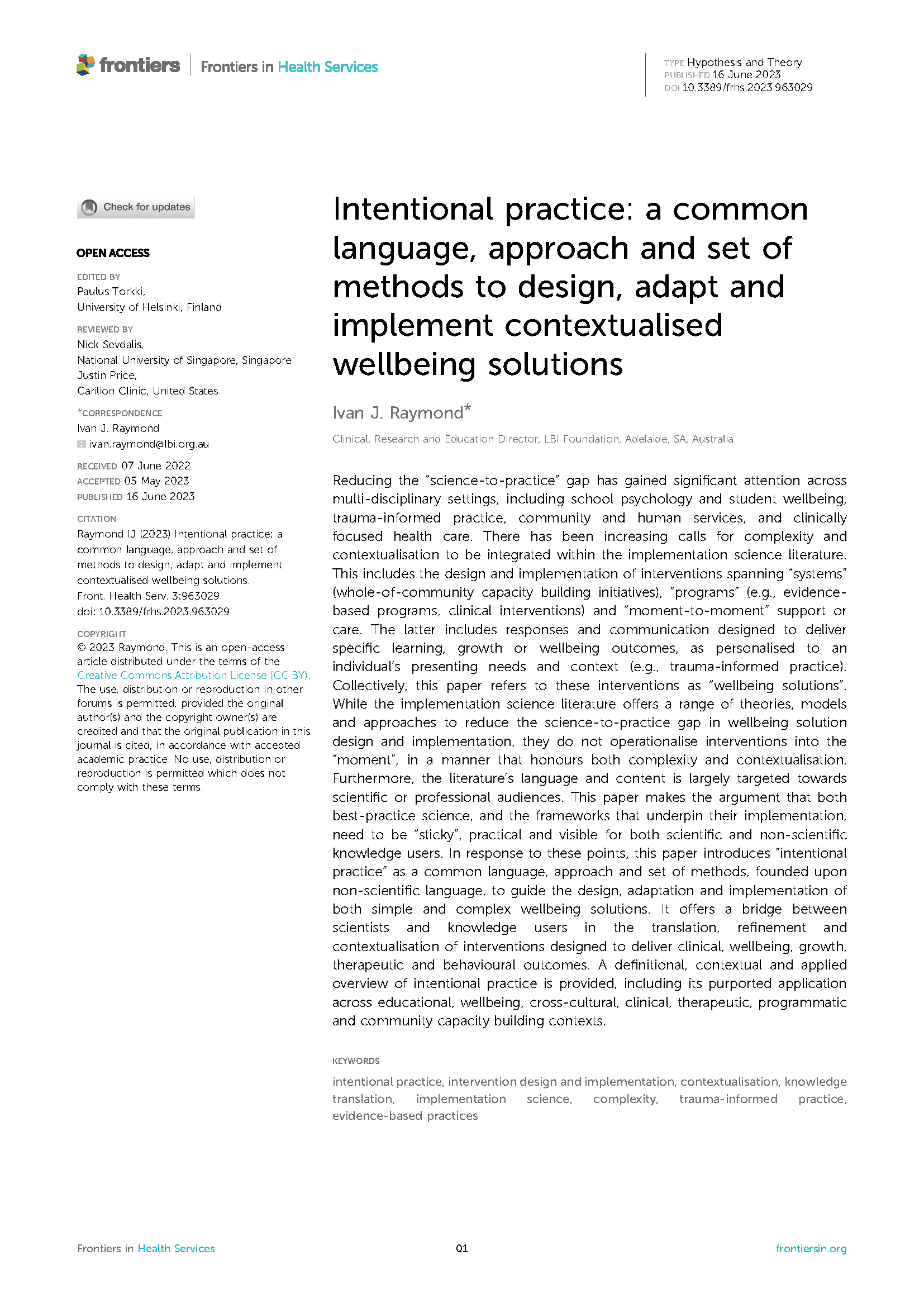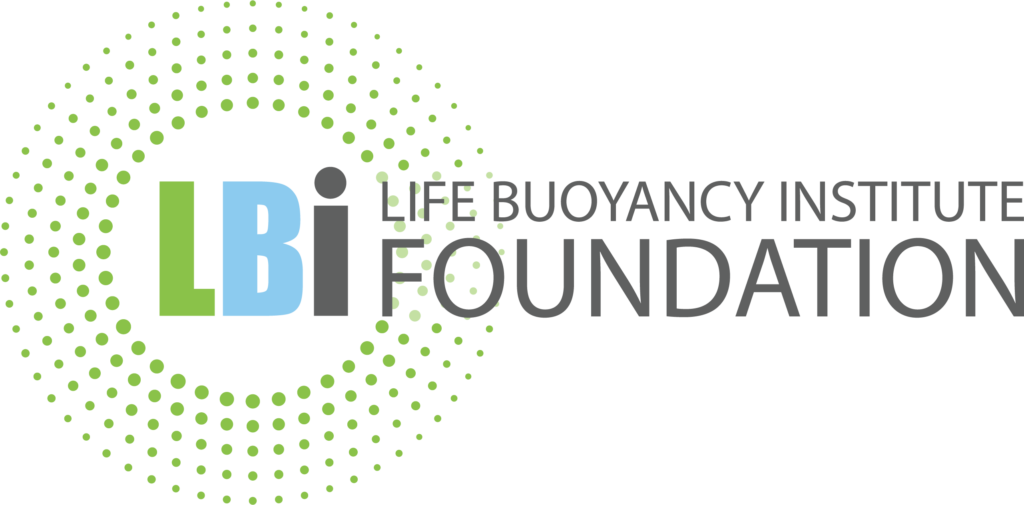Shared way of thinking and planning
To grow thriving people and communities
What is Intentional Practice?
Intentional practice offers a shared way of thinking and planning to strengthen how care, support, teaching, programs and interventions (or wellbeing solutions) are designed and delivered.
The net effect is the growth of thriving people and communities.
What key problems does it seek to solve?
We live in an age of complexity. There are worldwide increases in mental illness, family breakdown, instability, trauma and abuse. In response, there is a need to:
- Strengthen the delivery of existing care, teaching, wellbeing, mental health and programming addressing complexity (and reduce unintentional harm in how people are supported).
- Empower people, programs and communities to work together in shared intent to prevent and intentionally respond to complexity when it arises.
Intentional practice offers a shared ‘lens’ addressing both points.
How might it help me or my community?
Intentional practice can be applied in highly simple and complex ways, as personalised to local needs and context.
It offers critical questions, reflective processes and methods that can be brought to ‘how’ wellbeing solutions, care, support and programs (etc) are (1) designed, (2) adapted and (3) delivered.
Check out the possible applications in the animation, or the follow the below link for the critical questions, reflective processes and methods it offers your community.
Is it founded upon science?
Yes. It is founded upon the science of implementation, trauma-informed practice and systems informed positive psychology.
This website contains the building theoretical and research base.

Why was it first developed?
To reduce unintentional harm and strengthen the impact (or outcomes) of how support, care, programs, wellbeing solutions and interventions were designed and delivered for people in need.
Despite the best of intent, people and programs can cause unintentional harm in how they deliver support and services. Furthermore, many programs and interventions are not routinely delivered in a high impact nor efficient manner.
Who led the development of Intentional Practice?
Intentional practice has been developed and refined over a 12 year period involving numerous science-to-practice collaborations across Australia (which continues today). This work was led by Dr Ivan Raymond.

Do I need permission to use this content?
No. Everything on this site is in the public domain, and can be used and applied under a Creative Commons licence (or as indicated) with relevant attribution to this page and/or authors.
We are always interested in hearing about the diverse ways intentional practice is being applied.
Is accredited training available?
Yes. Intentional practice is made practical, sticky and translatable across all supporting adult relationships through the IMPACT Program. IMPACT empowers children, families and adults to intentionally apply and personalise the science of trauma, growth and human development, such that it becomes a way of thinking and being.
Who do I contact if I want to know more?
The ongoing development, testing and evaluation of intentional practice is led Dr Ivan Raymond and LBI Foundation. Specific contact pathways are provided on our contact us page.



